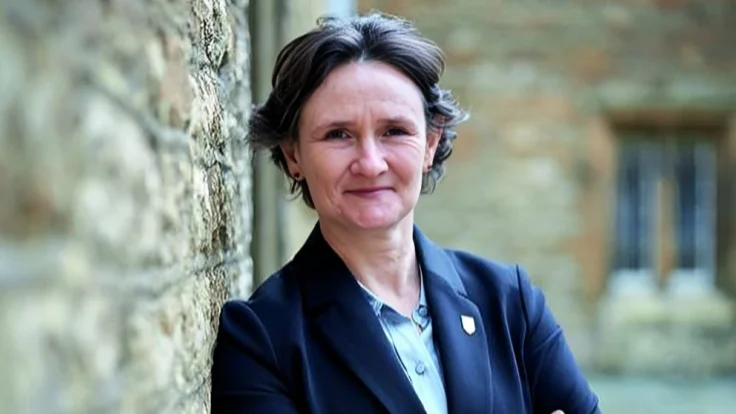A new study led by the University of Oxford has found that women with obesity who are seeking IVF are 47% more likely to conceive naturally after participating in weight loss interventions. The research, funded by the National Institute for Health and Care Research, reviewed data from 12 international trials involving 1,921 women.
The study, published in the Annals of Internal Medicine, also reported that weight loss interventions increased the overall odds of any pregnancy—either natural or through IVF—by 21%. These findings come as NHS commissioning bodies in England continue to restrict access to NHS-funded IVF for women with a Body Mass Index (BMI) over 30. According to researchers, structured weight loss support could help more women become eligible for treatment and may increase their chances of conceiving without medical assistance.
Dr Moscho Michalopoulou from Oxford’s Nuffield Department of Primary Care Health Sciences said: "Currently, women with obesity can face a double challenge with higher rates of infertility and potential exclusion from NHS-funded IVF. Our findings offer hope. They suggest that offering structured weight loss support could improve the chance of conceiving naturally, which may avoid the need for IVF treatment. Programmes that help women achieve greater weight losses have the potential to help more women achieve a successful outcome, and should be tested in larger high-quality trials."
The review included evidence on various interventions such as diet programmes, exercise regimens, and medications like orlistat—which reduces fat absorption—and older GLP-1 agonists related to drugs now known as Ozempic and Wegovy. On average, participants in intervention groups lost about 4kg more than those not receiving these supports.
Researchers noted that while there is clear evidence supporting improved conception rates following weight loss interventions among women with obesity seeking fertility treatments, it remains uncertain whether these benefits extend to live birth outcomes. Associate Professor Nerys Astbury at the University of Oxford explained: "The evidence on live birth rates was of very low certainty because many studies did not follow the pregnancies through to birth and report this outcome - which is so important to the patients. While there was no evidence of an increase in pregnancy loss, we need larger, high-quality trials to confirm the effect on live births. It was also interesting that when we restricted the analysis to low-energy diet replacement programmes, which lead to greater weight loss, there was an increase in live births, but this needs to be confirmed in larger trials."
In addition, studies involving more participants diagnosed with Polycystic Ovary Syndrome (PCOS)—a condition often associated with both obesity and infertility—showed smaller benefits for natural conception after weight loss efforts; however, researchers cautioned this finding requires further investigation.
Professor Astbury highlighted implications for healthcare policy: "This isn't just about improving pregnancy rates - it's about improving equity of access to fertility treatment," she said. "We know that people from more deprived areas and those from certain ethnic backgrounds are more likely to live with obesity. Policymakers should consider whether integrating structured weight loss support into fertility services could improve outcomes for patients, while potentially reducing overall costs by increasing the number of women who conceive naturally."
The research team is calling for larger studies comparing specific types of weight management programmes and tracking all pregnancies through birth outcomes.
Dr Michalopoulou concluded: "For women trying to conceive, every month matters. We need efficient, evidence-based pathways that give them the best chance of success. Our work suggests that for many women with obesity, an intensive supported weight loss programme could help them to conceive naturally or make it possible to access IVF services."
The full paper is available under 'The Effect of Weight Loss Before In Vitro Fertilization on Reproductive Outcomes in Women With Obesity: A Systematic Review and Meta-analysis' published by Annals of Internal Medicine.

